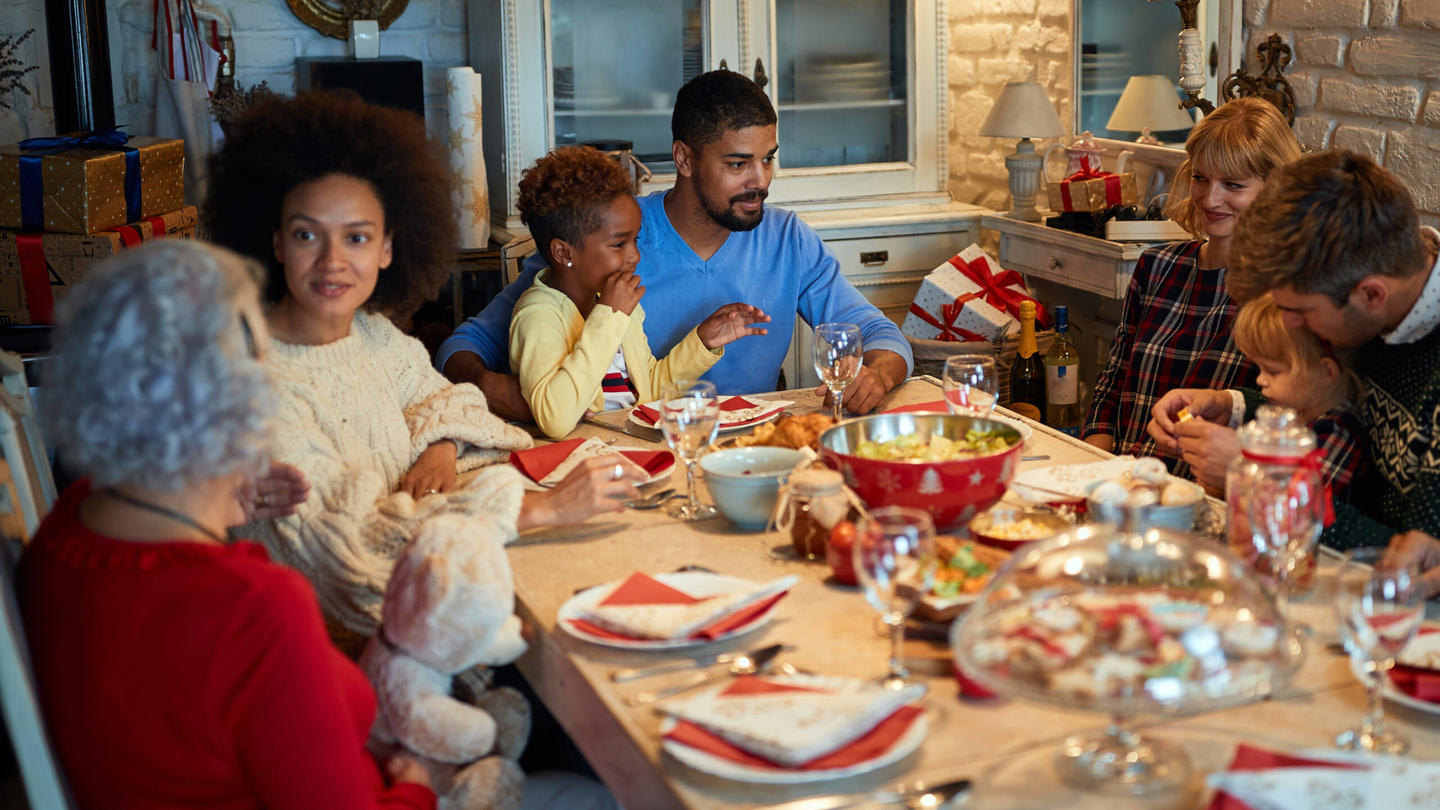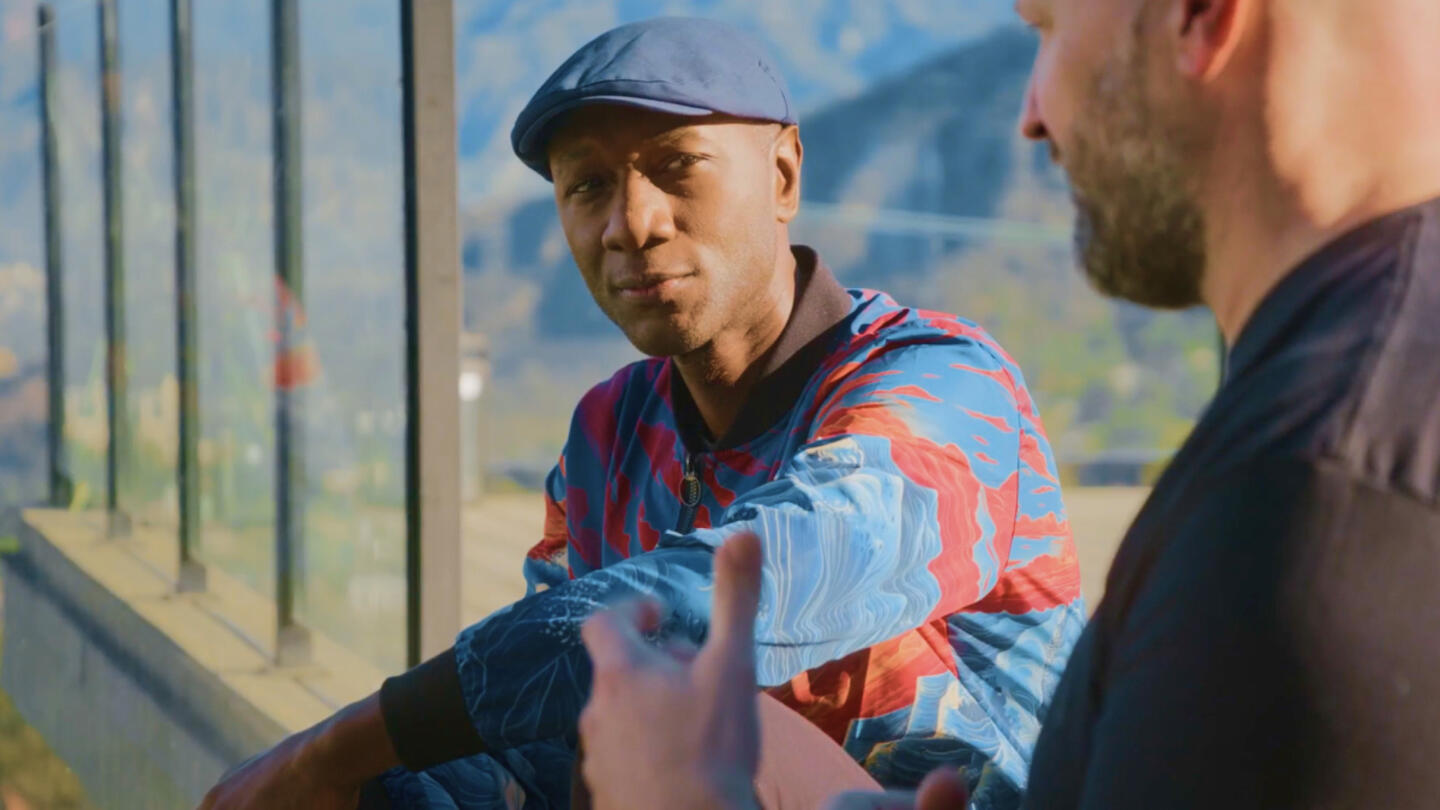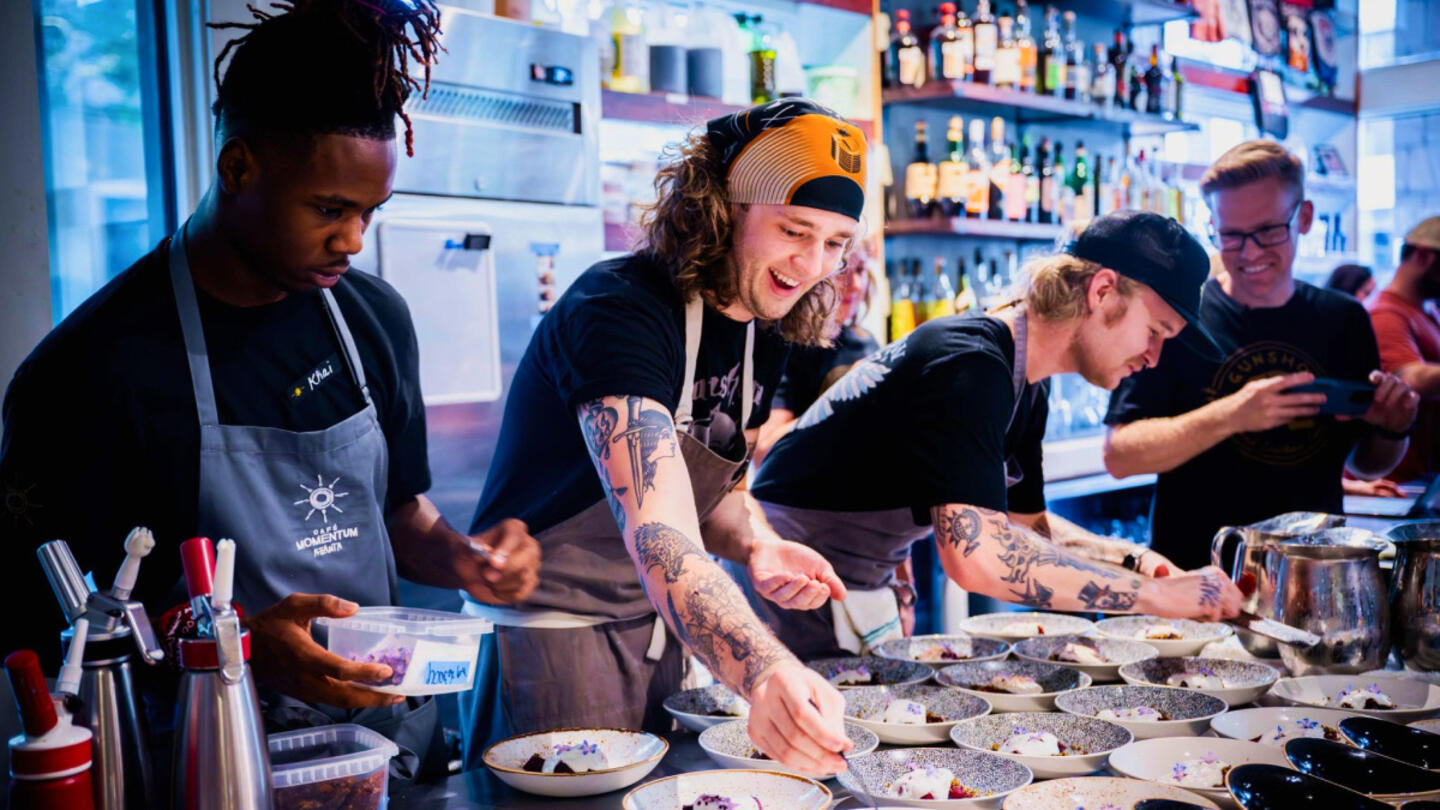By Sarah Cross
With the winter holiday season in full swing, some things are inevitable. Retail stores playing Mariah Carey every other song. Eggnog returning to grocery aisles. And a fresh batch of headlines directing readers to guides on "how to talk politics – or not – at your holiday table."
Such tip lists seem ubiquitous, and it's easy to see why. Americans feel more polarized today than in recent years. Many people report personal relationships suffering directly from political polarization. According to an October 2022 poll, nearly one in five voters – 19 percent – said that "disagreements recently with family or friends over political issues" hurt their relationships.
Science can help. Conflict theorists, social psychologists, and neuroscientists have been looking into the roots of conflict and discovering tactics to resolve it.
They've found that our conversations don't have to be tense. Moreover, they also don't have to feel superficial or avoid certain topics. Talking together – whether while decorating the house, shopping for gifts, or sharing a meal – can provide an opportunity to focus on what we have in common, not on what divides us.
Differences of opinions are a fact of life. And though the contentious topics themselves may change from year to year, the need to address them is evergreen (much like the tree that you might bring out this year, depending on how you celebrate the holidays!). Thankfully, Americans are less divided than we think, and an overwhelming 86 percent of us want to find ways to cut through noise and hear each other.
Top Tips for Discussing Politics During The Holidays
Here are some tools and tips – prepacked and ready to serve, just like your can of crispy fried onions – that can help you prep for tough topics, navigate difficult conversations, and make space for civil discourse at your holiday table.
1. Start with Stories.
Most Americans believe that stats are the best way to foster mutual respect. In fact, social psychologist and Director of the Center for the Science of Moral Understanding at the University of North Carolina-Chapel Hill Kurt Gray says, data does little to help people understand different perspectives: "When one person brings up a set of facts, the other person easily dismisses it as 'fake news.'" Instead, "what fosters respect are narratives of personal experience." To that end, curiosity may be as important to our holiday gatherings this year as what's on the table. Ask questions about why people believe what they believe and what's at stake for them.
The non-profit StoryCorps makes that easy -- building connections through recording, preserving, and sharing the stories of Americans from all backgrounds and beliefs. You and your family and loved ones can participate yourself by using the StoryCorps app to facilitate and/or record the stories you discover about each other over the Thanksgiving dinner table.
2. Listen.
Pay attention to how you approach conversations. Are you really listening and hearing the words of others, or are you just waiting for your turn to speak? The purpose of listening should be to understand, not to simply find an opportunity to reply. Essential Partners helps people build and strengthen relationships by changing their approach to conversation – to see them as dialogue, not just as debates. It provides free sources to facilitate this, from guides on beginning dialogue to recognizing the differences between dialogue and debate. Narrative 4 is another organization that emphasizes how sharing stories can disprove misconceptions and bring us closer together, through its story exchange model.
3. Build (or Bake) Something Together.
Collaborating to build or create something together helps to break through stereotypes, build trust, and deepen empathy. Heineken's "Open Your World" commercial featured strangers working together to build a bar table – while holding conversations across ideological divides that promoted civility and understanding. Princeton's Bridging Divides Initiative provides a map to find local organizations that offer opportunities for family, friends, neighbors to work across differences to improve their communities.
4. Give Thanks. Seriously.
It is the season for giving thanks after all. And research shows that gratitude can change our attitude: "Gratitude helps people feel more positive emotions, relish good experiences, improve their health, deal with adversity, and build strong relationships." Check out the Greater Good Science Center's Bridging Differences Playbook for evidence-based strategies to assume good intentions, practice mindfulness, and find reason for thanks during the holidays and long beyond.
It may be getting cold outside. But that doesn't mean our relationships – or the atmosphere inside the house – have to be. Using these tips, we can thaw them out and keep them as warm as the chestnuts roasting on an open fire.
Sarah Cross is vice president for Free Speech & Peace at Stand Together.
Learn more about Stand Together's issue areas.




